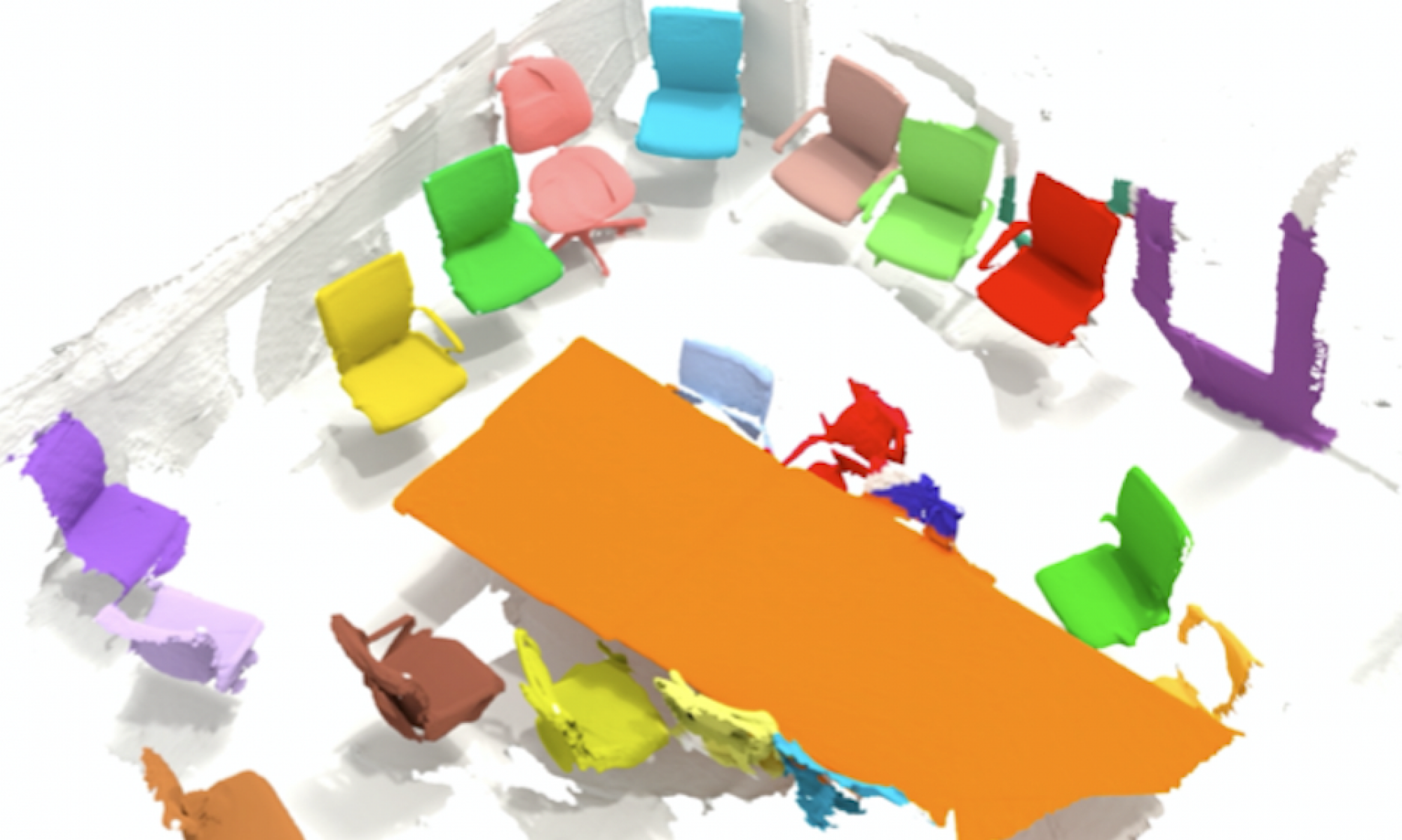
Rakshith is a graduate student currently pursuing Master of Science in Computer Vision (MSCV) in Carnegie Mellon University. He completed his Masters in Physics and Bachelors in Electrical and Electronics Engineering from Birla Institute of Technology and Science Pilani, India in 2019. He worked at Samsung Research India from 2019 to 2022 as a machine learning researcher in the OnDevice AI team. Here he worked on developing novel and efficient computer vision solutions for Samsung smartphones. He has experience in the area of video understanding, video segmentation, multi-modal machine learning, generative AI, object detection and segmentation etc. He has also published his research in conferences such as ICASSP 2021 and CVIP 2022 and also filed 3 international patents.

Neeraj is a Master’s in Computer Vision student at Carnegie Mellon University, Robotics Institute. He completed his Bachelor’s in 2020 where he focused on strengthening fundamentals in core Computer Science areas and exploring Computer Vision. Prior to CMU, Neeraj worked as a Research Scientist at Adagrad AI, an edge based Computer Vision company, where he developed production-grade vision solutions that are actively serving clients and have provided tangible benefits. He worked specifically on building efficient, lightweight object detection and segmentation pipelines on Nvidia based edge devices. During the summer of 2023, he interned at Zillow in their AI Photography team, working on their 3D housing virtual tours solution. He also published is research on “S2RF: Semantically Stylized Radiance Fields” at the AI for 3D Content Creation workshop (AI3DCC) at ICCV 2023.
Advisors

Sebastian Scherer is an Associate Research Professor at the Robotics Institute (RI) at Carnegie Mellon University (CMU). His research focuses on enabling autonomy for unmanned rotorcraft to operate at low altitude in cluttered environments. He and His team have shown the fastest and most tested obstacle avoidance on an Yamaha RMax (2006), the first obstacle avoidance for micro aerial vehicles in natural environments (2008), and the first (2010) and fastest (2014) automatic landing zone detection and landing on a full-size helicopter. Dr. Scherer received his B.S. in Computer Science, M.S. and Ph.D. in Robotics from CMU in 2004, 2007, and 2010. He is a Siebel scholar and a recipient of multiple paper awards and nominations, including AIAA@Infotech 2010 and FSR 2013. His research has been covered by the national and internal press including IEEE Spectrum, the New Scientist, Wired, der Spiegel, and the WSJ. His work on self-landing helicopters has received the Popular Science Best of What’s New 2010 Award and in Fall 2016 he demonstrated his inspection robots to President Obama.

Shibo Zhao is the first year phd student in the Field Robotics Center of the Robotics Institute at CMU. His work at the Airlab on Super Odometry has been pivotal in the field of SLAM and odometry. He is focusing on the simultaneous localization and mapping (SLAM) in challenging environments and accurate 3D model reconstruction.
